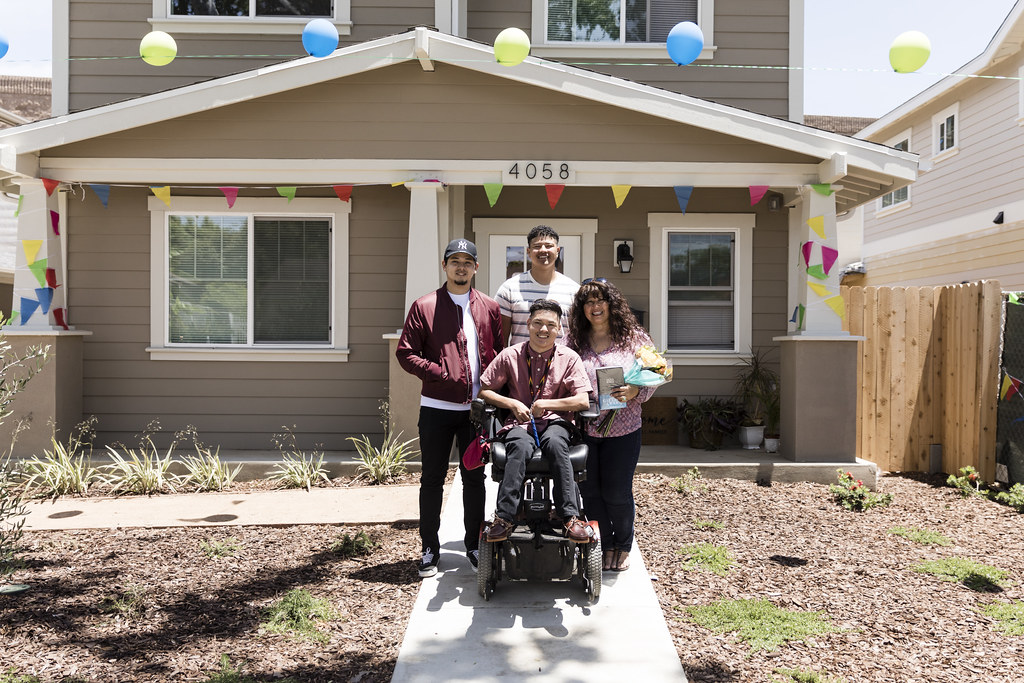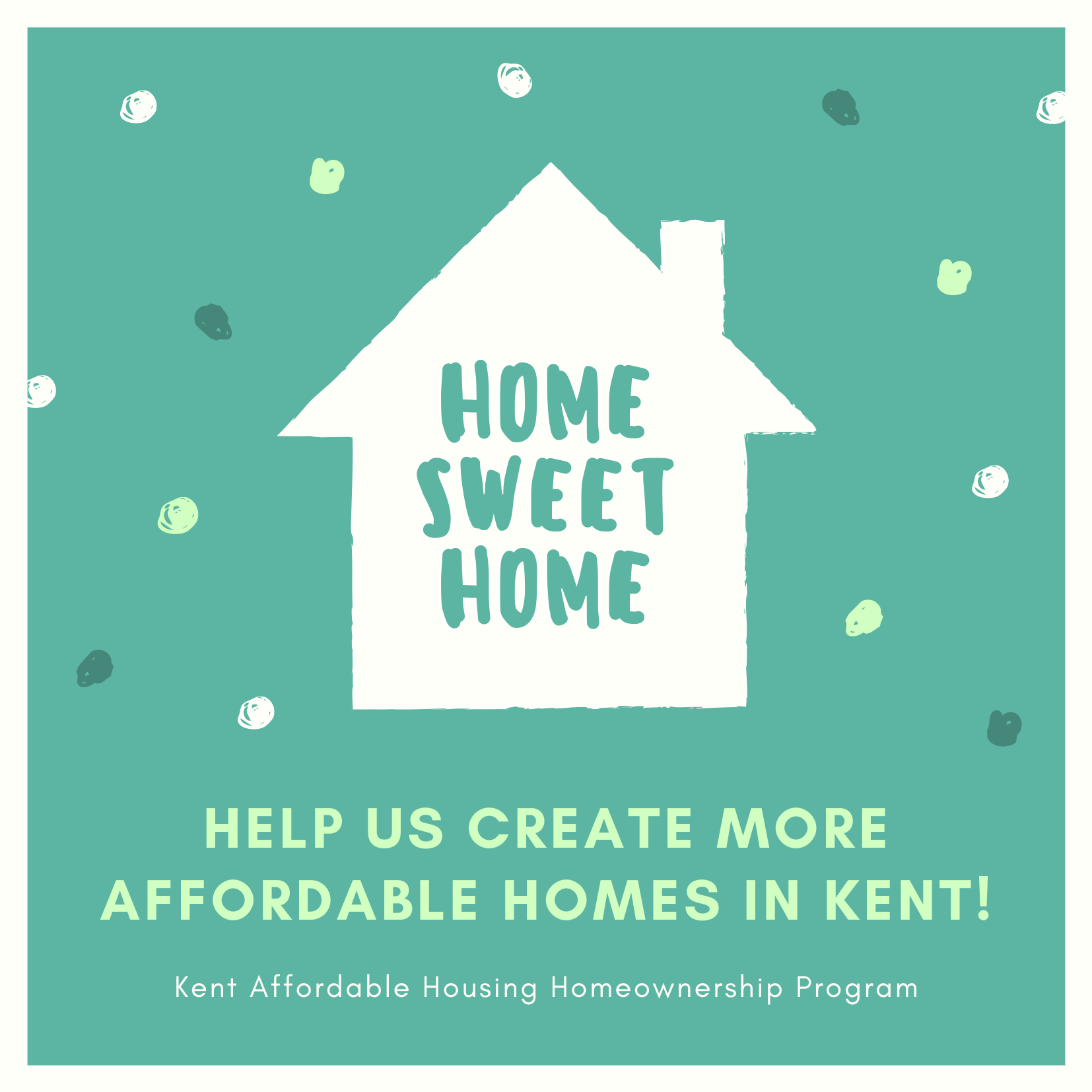Practical Tips for Mastering Affordable Homeownership in The Modern Market
Inexpensive Homeownership Options for First-Time Homebuyers
As the real estate market proceeds to develop, new property buyers face special challenges in protecting affordable homeownership choices. These initiatives not only facilitate homeownership but also foster neighborhood stability and economic growth.
Government Aid Programs
Entitlement program programs play a vital function in making homeownership attainable for several people and households. These programs intend to alleviate the monetary worry associated with buying a home, particularly for first-time purchasers. By offering financial aid, grants, and tax incentives, government initiatives aid link the space in between climbing real estate costs and the buying power of prospective homeowners.
Various programs are offered at the government, state, and neighborhood degrees. The Federal Real Estate Management (FHA) gives insurance policy on car loans, allowing lenders to provide much more beneficial terms, such as reduced down repayments and minimized passion prices. Furthermore, state and city governments frequently have their own initiatives, which might include deposit aid programs, buyer education programs, and positive mortgage terms.
These programs are designed to address the one-of-a-kind obstacles encountered by reduced- to moderate-income families, consisting of restricted cost savings and credit report. By cultivating a setting where homeownership is extra accessible, entitlement program programs not only sustain individual aspirations yet also add to community stability and economic growth. Comprehending and making use of these sources can significantly boost the potential customers of effective homeownership.
Low-Down-Payment Home Loans
For numerous ambitious house owners, low-down-payment mortgages offer a feasible pathway to homeownership, especially in today's tough housing market. These home mortgage options usually require deposits varying from 3% to 5%, making it easier for newbie customers to go into the marketplace without the burden of saving for a significant deposit.
Various loan providers supply low-down-payment programs, including traditional loans backed by Fannie Mae and Freddie Mac, in addition to government-backed alternatives like FHA finances. These mortgages are developed to fit people with limited savings while still supplying affordable rate of interest. Significantly, they allow customers to retain more cash for other crucial expenditures, such as relocating prices, home evaluations, and prospective renovations.
Nonetheless, possible homeowners ought to bear in mind the trade-offs connected with low-down-payment home loans. A smaller down settlement may cause greater month-to-month payments and the necessity of private home loan insurance coverage (PMI), which secures loan providers in situation of default. As a result, it is essential for first-time buyers to perform thorough study and talk to home loan experts, ensuring they choose a low-down-payment option that lines up with their lasting economic objectives. Affordable Homeownership.
First-Time Homebuyer Grants
Numerous first-time property buyers find that grants can dramatically relieve the financial problem of purchasing a home, enhancing low-down-payment home mortgage choices. These gives, usually supplied by state and charitable organizations or neighborhood governments, supply economic assistance that does not need settlement, making them an eye-catching option for those going into the housing market.
Eligibility for newbie property buyer gives commonly depends on revenue, credit reliability, and the purchase rate of the home. Numerous programs are made to assist low- to moderate-income family members, making certain that assistance gets to those that need it most. The application process often involves paperwork of economic status, homebuyer education programs, and occasionally even a commitment to remain in the home for a particular duration.
The amount of help differs widely, with some grants supplying numerous thousand dollars to assist cover shutting prices or down repayments. Looking into available grants in your location is important, as programs often transform and may have details demands. By leveraging these funds, new homebuyers can make homeownership extra available, eventually accomplishing their desire for having a home while reducing the first financial pressure.
Cutting-edge Community Initiatives
Cutting-edge area efforts are playing a crucial role in broadening economical homeownership alternatives for residents. These efforts often entail joint efforts in between city governments, charitable organizations, and private field stakeholders to develop lasting housing options tailored to community requirements.
One notable strategy is the facility of area land counts on (CLTs), which enable residents to purchase homes while the land remains had by the count on. This version helps preserve price gradually and stops speculative price rises. Additionally, CLTs frequently provide instructional resources and assistance services to empower new view it now buyers.
One more effective campaign is the development of mixed-income real estate jobs, which blend cost effective systems with market-rate homes. This strategy cultivates inclusive areas and lowers the stigma frequently related to low-income real estate. In addition, city governments are progressively supporting zoning reforms to facilitate the construction of accessory dwelling devices (ADUs), which can supply additional rental earnings for property owners while enhancing real estate availability.

Tips for Budgeting and Saving

Next, develop a devoted savings account specifically for your future home acquisition. Aim to save a percent of your income constantly, preferably 20% or more, to develop a significant deposit. Make use of automation tools, such as straight down payment or automatic transfers, to make saving less complicated and a lot more regular.
Furthermore, consider taking on the 50/30/20 guideline: allot 50% of your earnings to requirements, 30% to desires, and 20% to financial savings and debt payment - Affordable Homeownership. This approach advertises balanced financial health and wellness

Final Thought
In summary, economical homeownership alternatives for first-time buyers encompass various resources such as federal government aid programs, low-down-payment home loans, and grants. By leveraging these economic devices, people can browse the complexities of homeownership, inevitably contributing to a much more fair housing landscape.
As the real estate market continues to evolve, novice buyers deal with unique difficulties in protecting cost effective homeownership options. By fostering an atmosphere where homeownership is a lot more accessible, federal government aid programs not just sustain individual goals however additionally add to community stability and economic development. By leveraging these monetary resources, first-time homebuyers can make homeownership extra obtainable, inevitably accomplishing their desire of having a home while alleviating the Read Full Report preliminary financial strain.
In recap, inexpensive homeownership options for first-time homebuyers incorporate different resources such as federal government help programs, low-down-payment home loans, and Affordable Homeownership gives. By leveraging these monetary tools, individuals can navigate the intricacies of homeownership, inevitably adding to a much more equitable housing landscape.